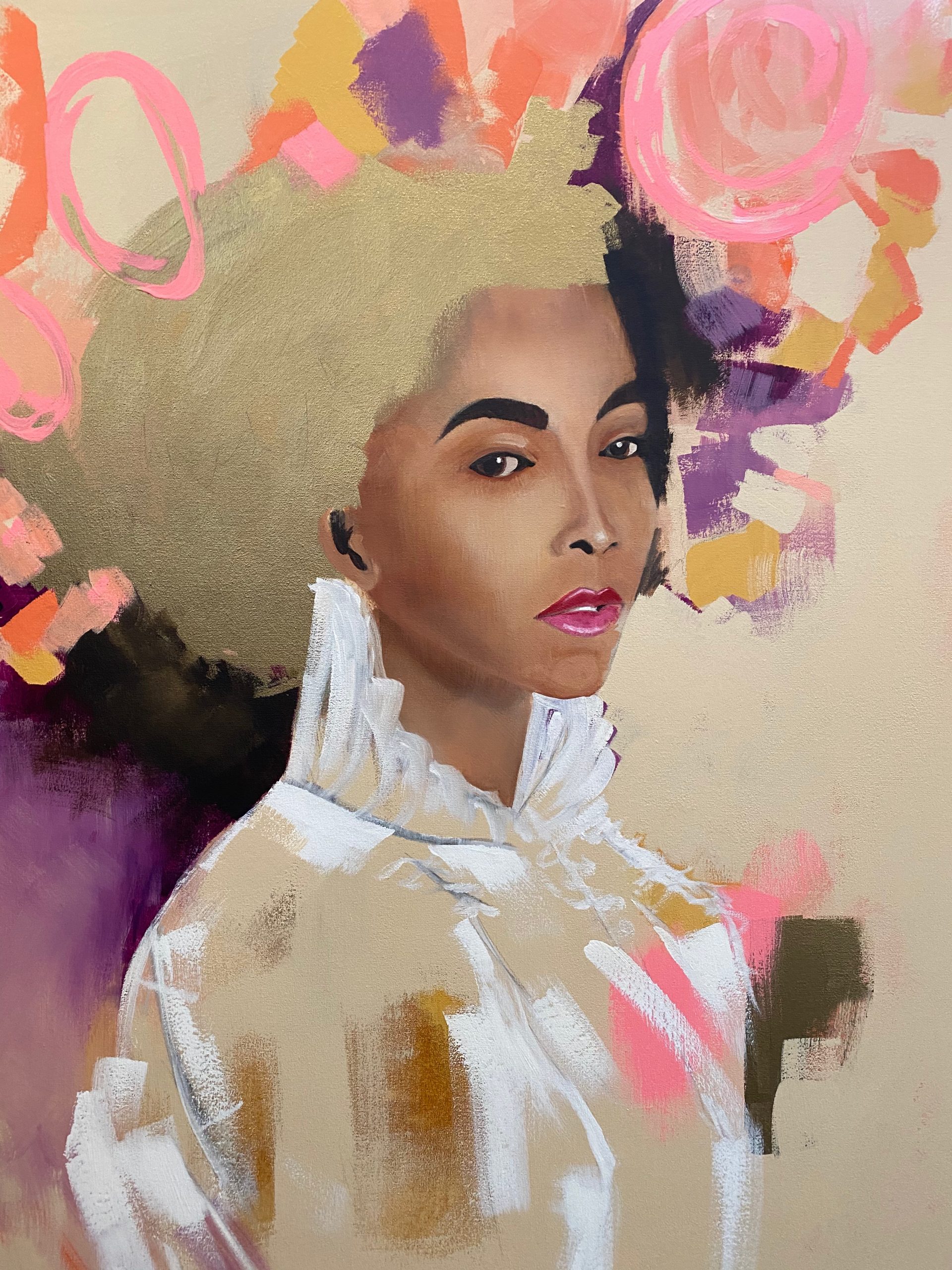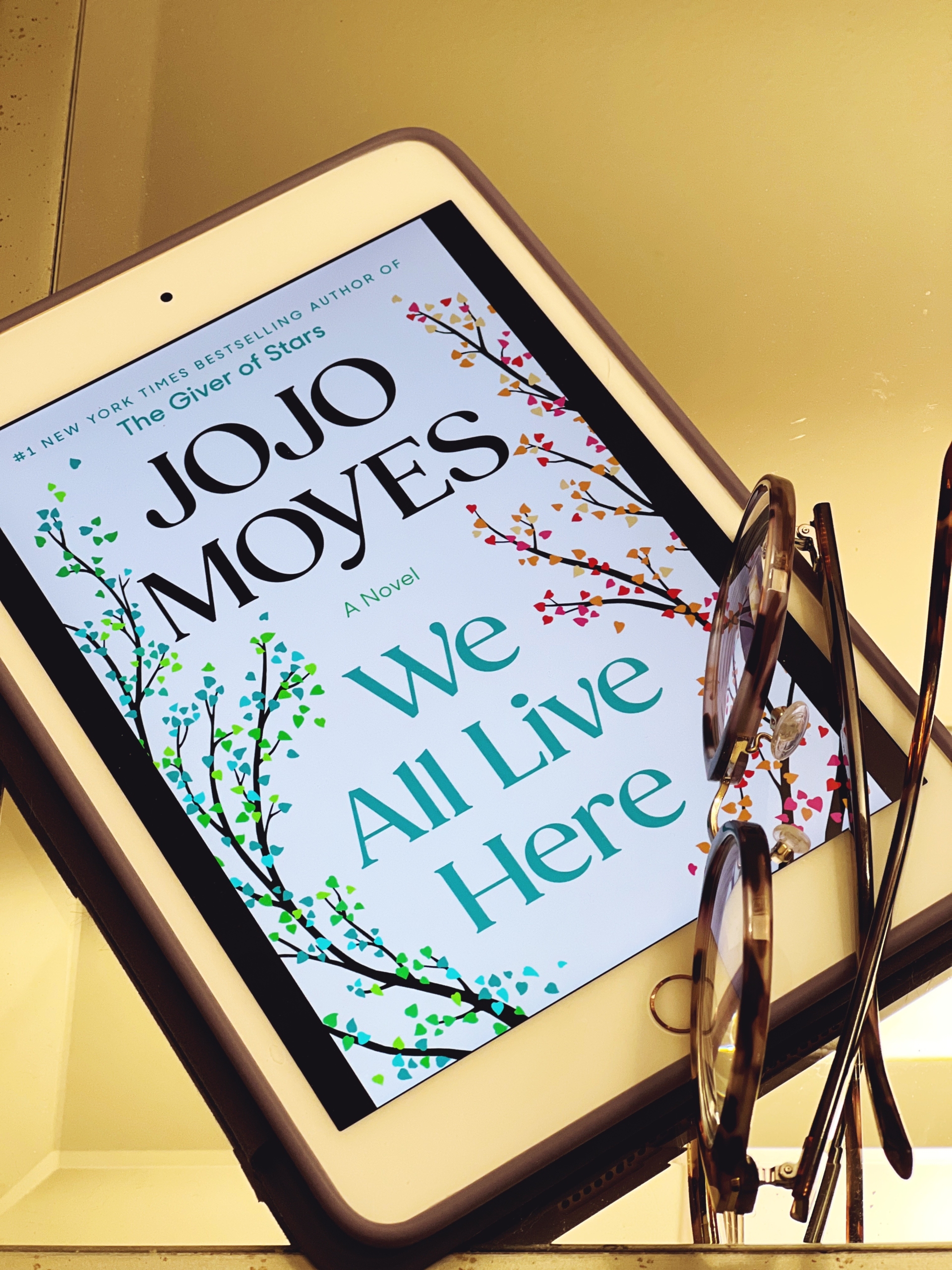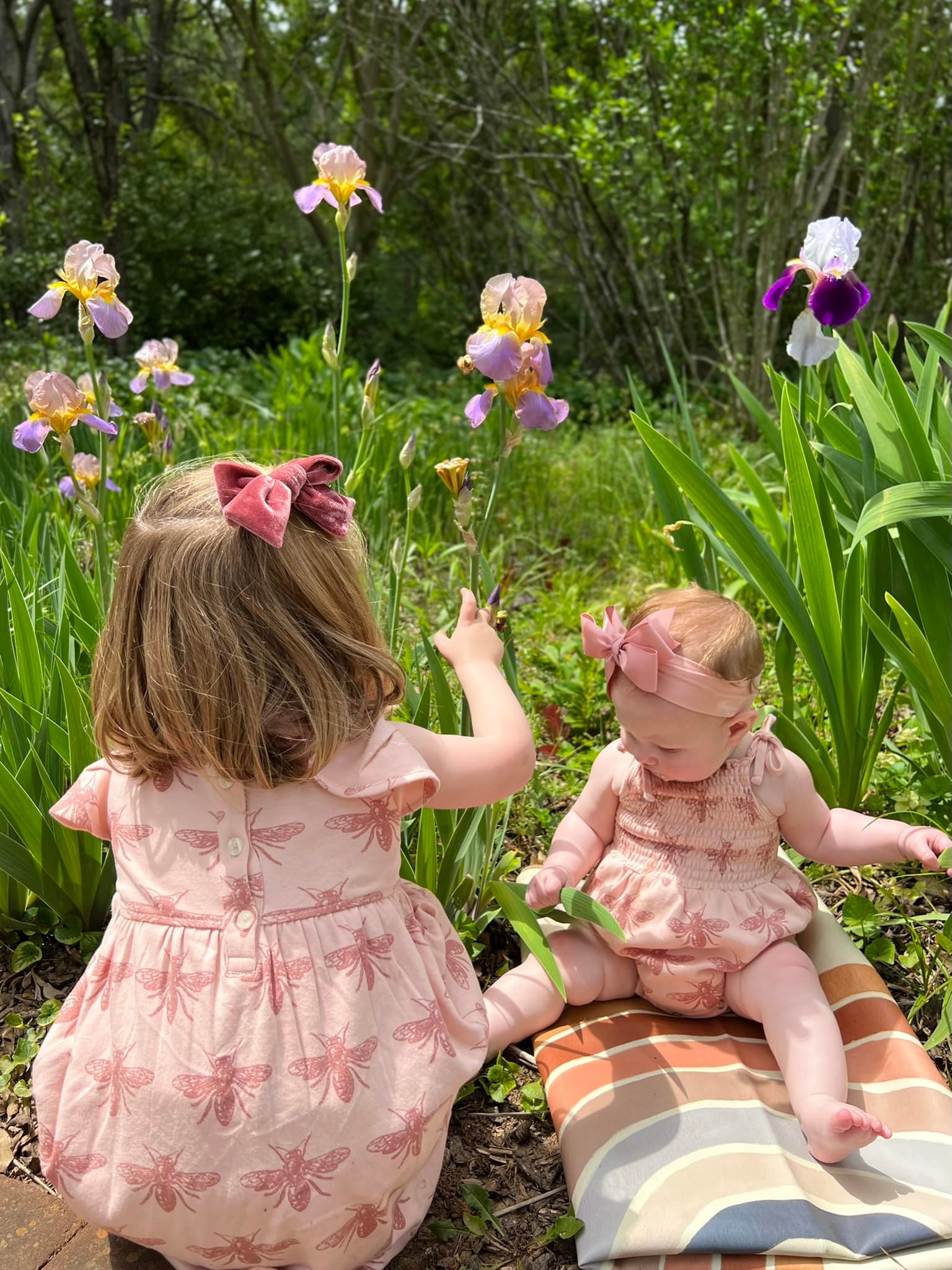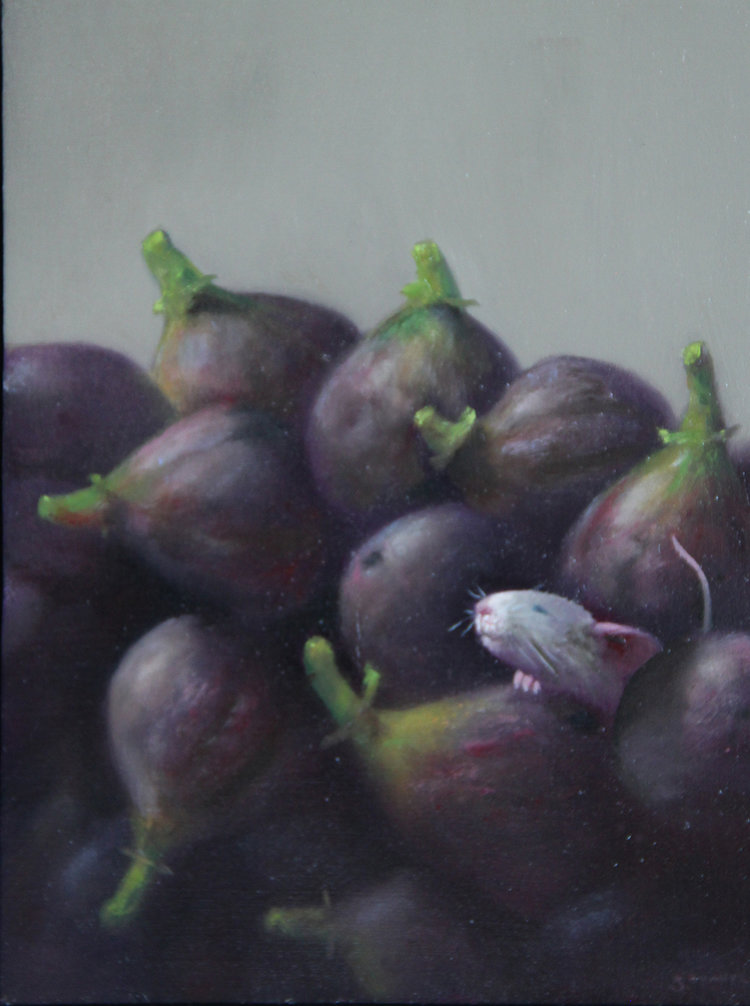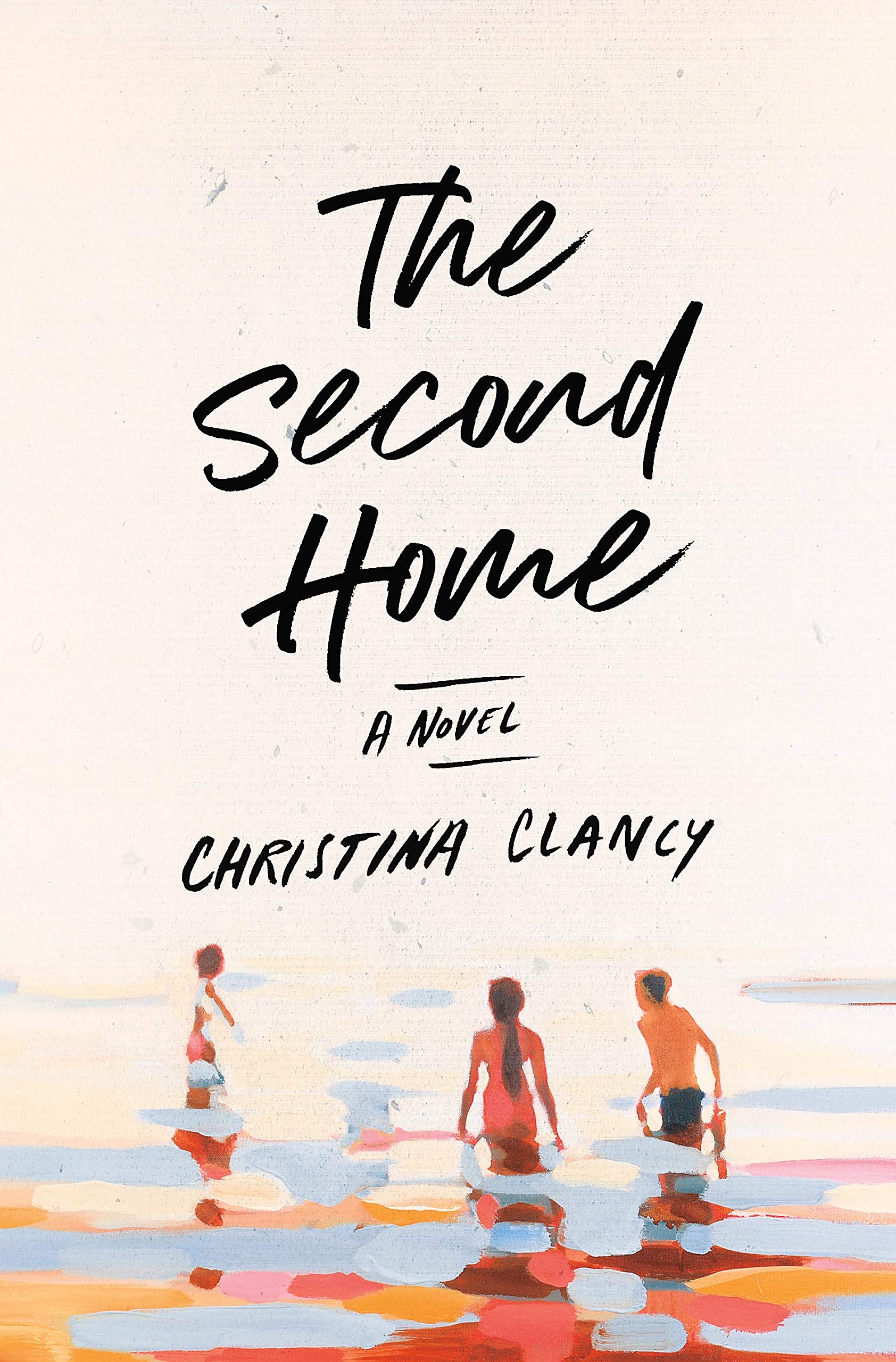
Some places never leave you…
Today marks the release of Christina Clancy’s debut novel, The Second Home. The novel, which centers around the Gordon family including two sisters Ann, Poppy and their adopted brother Michael. On the surface the family looks like the typical American family. The siblings parents are teachers and former hippies, who travel from their home in Milwaukee to Wellfleet in Cape Cod. One summer everything changes and a tragic secret tears the family apart.
When Ann returns to Wellfleet after the death of her parents, she’s intent on selling the families home and moving on with her life, however, when her brother Michael appears on the scene with a legitimate claim to his part of the home, he’s determine to bring the truth about that fateful summer to light.
In this interview, Christina Clancy shares about when she first came up with her idea for the novel, the character from the book she’d like to meet in real life and a sneak peek at her next book.
When did you first come up with the idea for your debut novel, The Second Home?
About a decade ago, I was in Panama with my mom and met a surfer/bartender who told me that she never returns home. Her rootlessness struck me sideways. I wanted to imagine a character who needed to return home. But when I started to interrogate what home means to me, I thought about my home in the Midwest, as well as Wellfleet, a place that feels like home. I decided to put both locations into play, drawing from the transition my own family went through when the fate of the house that’s been in my family was potentially at risk. I couldn’t stand the thought of someone else owning it, and the knowledge that I’d never be able to go back there again.
How long did it take you to write the novel from the initial rough draft (that you wrote just for yourself) to the finished novel?
This novel took a long time, maybe seven years. But I didn’t work on it consistently, because I was a professor, so I could only attend to my creative pursuits during long breaks. A few years ago I finally decided to truly dedicate myself to the project, and I found a writing partner who used to write for TV. She helped me think more about the story, and how to make each chapter move the narrative forward. That was so helpful. Once I started doing that, the novel felt less like a series of vignettes and more like an actual story. I packed a lot of writing into those last two years.
In 2011, you received your PhD in Creative Writing from the University of Wisconsin-Milwaukee and you’ve previously taught creative writing at Beloit College. What is one of the most important lessons you’ve taught your students?
To see the world like writers, with an antennae for the kinds of situations, details, character, settings and bits of dialogue that would work well in stories. We aren’t just writing when we’re typing or scribbling on a page, but when we’re carefully listening and observing.
The Second Home is set in Wellfleet Cape Cod where your family has had a home since the 1890’s and Milwaukee. What are some of your favorite memories of the time you spent in in Wellfleet each summer?
Our first stop was the Wellfleet Library. When I was a kid, the library was in the upstairs of what is currently the Town Hall. I loved the smell of the books and the card catalogues and the sound of the date stamp when we checked out our books. My sisters and I would have reading competitions, and we’d just plow through our stacks. We also loved the backshore and especially the ponds, and would make it a challenge to swim across each one. My grandparent’s house, like the Gordon’s, is on the cove, and I loved finding horseshoe and fiddler crabs at low tide. We also played lots of games — Stratego, Bingo, Parcheesi, Pollyanna, and we built houses out of playing cards until my grandparent’s dogs knocked them down.
The story centers around two sisters, Ann, Poppy and their adopted brother Michael. What did you enjoy the most about developing these three characters and sharing their stories?
When my dad died, a friend who had also lost a parent pulled me aside before I went home for the funeral and warned me that everyone grieves differently, and to try not to judge my sisters if their behavior seemed odd, or not in keeping with how I thought they should grieve. He said grief is a strange thing, and everyone handles loss differently, and irrationally. It was terrific advice, and I thought of it often while writing from each character’s perspective and exploring their temperaments. I tried to not judge Ann, Poppy and Michael, but to think of how they each might respond in their unique way to the tragedy of losing their parents.
Does the Cape Cod home that the main characters visit each summer in resemble your grandparents home?
The old part of my grandparent’s house (now my aunt and uncle’s house) is what is now the dining room. It was originally used as a hunting shack back in the day and has been added on to over the years, so it is more contemporary than the Gordon’s home. The Gordon house is an amalgam of the old houses in the area, particularly a neighbor’s house where I spent a lot of time on those trips to the Cape.
Are any of the characters in the book based of people that you knew growing up or are they purely products or your imagination?
They really are products of my imagination, although the idea of Poppy came from the surfer, and Michael’s character was inspired by a boy I used to tutor when I volunteered at a school in Milwaukee. He was the greatest kid, and he had a hard family life. One day I went to help him read and his family had moved away. I never got to say goodbye or find out where he lived.
What was the hardest scene of the book to write?
Oh for sure the very bad thing that happens. I wanted to be respectful but also unflinching. It’s so important for the reader to have a clear sense of what happened, and how, and who was at fault.
If you could have a conversation with any of the characters from the book who would it be?
I think Connie. She’s given the least amount of time on the page. This may sound funny, but in my head, Connie was on vacation and I didn’t want to disturb her.
You’re currently working on your next book that is set in East Troy where you have your second home. Can we get a sneak peek on what the book is about?
The novel is set in a different kind of resort community–actually, a former Playboy Resort! Oddly enough, Lake Geneva, a small town in Wisconsin, was home to one of Hugh Hefner’s resorts until 1981. I’ve always found it interesting that the bucolic area has this colorful and sexy past, and I wondered what it must have been like for the daughters of dairy farmers and factory workers to become bunnies and rub shoulders with famous musicians and celebrities. The novel follows Sherri Taylor, from nearby East Troy. She had a stunted adolescence and comes of age as a bunny. Years later, she’s forced to deal with the ramifications of both her job and a tragedy she blamed herself for. The novel was so much fun to write, and the research was fascinating.
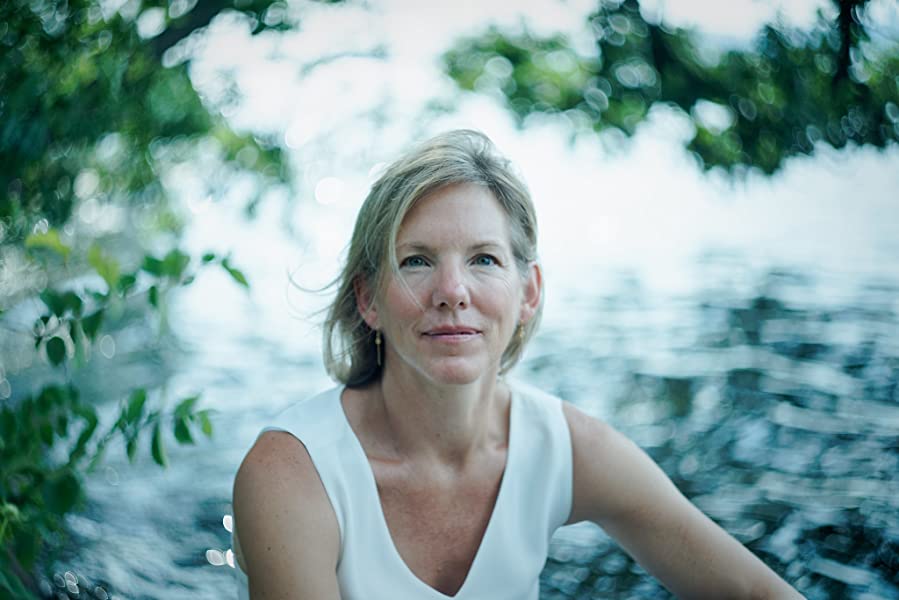
Pick up your copy of The Second Home.




